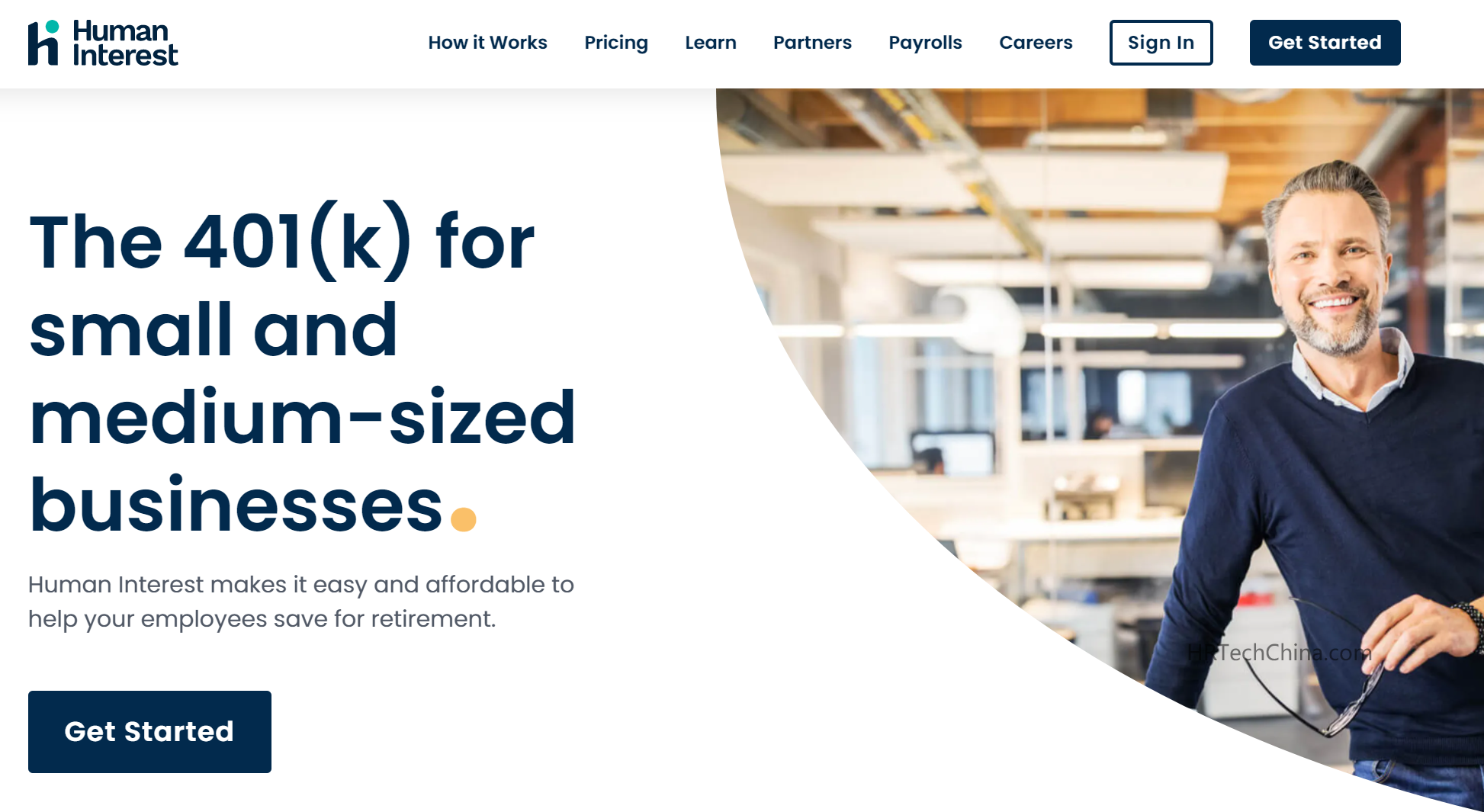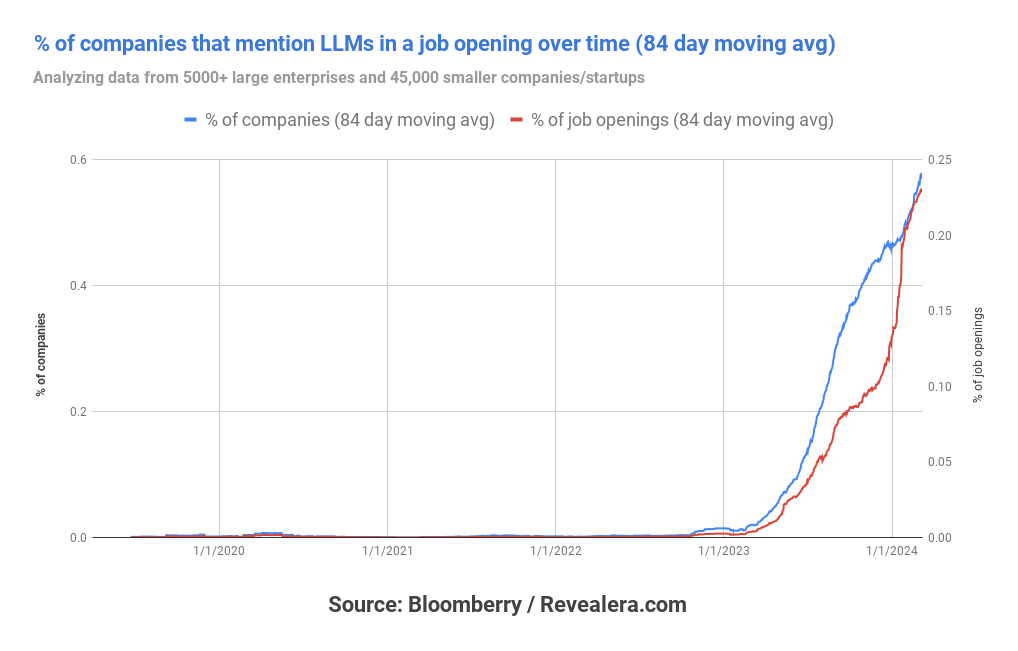Maximize Your Financial Flexibility: Understanding 401k Loans and Changing Jobs
In today's fast-paced job market, the decision to change jobs can be both exciting and daunting. One of the many factors to consider during this transition……
In today's fast-paced job market, the decision to change jobs can be both exciting and daunting. One of the many factors to consider during this transition is your financial well-being, particularly when it comes to your retirement savings. This is where understanding 401k loans and how they interact with changing jobs becomes crucial.
### What is a 401k Loan?
A 401k loan allows you to borrow against your retirement savings. This can be an attractive option if you find yourself in need of immediate cash, whether for a home purchase, medical expenses, or even to bridge the gap between jobs. The key benefit of a 401k loan is that you are essentially borrowing from yourself, which means you pay yourself back with interest. However, it’s essential to understand the rules and implications involved.
### The Impact of Changing Jobs
When you decide to change jobs, your financial landscape can shift dramatically. If you have taken out a 401k loan, you need to be aware of how this will affect your loan repayment. Many plans require that you repay the loan in full upon leaving your employer. If you fail to do so, the outstanding balance may be treated as a distribution, leading to potential taxes and penalties.
### Pros and Cons of Taking a 401k Loan When Changing Jobs
#### Pros:

1. **Immediate Access to Cash**: A 401k loan can provide quick access to funds without the lengthy approval process that traditional loans require.
2. **No Credit Check**: Since you are borrowing from your own retirement account, there’s no need for a credit check, making it easier for those with less-than-perfect credit.
3. **Repayment to Yourself**: The interest you pay goes back into your 401k, which can help mitigate some of the downsides of borrowing.
#### Cons:
1. **Potential Tax Penalties**: If you leave your job and don’t repay the loan, the IRS may classify it as a distribution, leading to taxes and penalties.
2. **Reduced Retirement Savings**: Borrowing against your 401k can hinder your long-term savings growth, as you are removing funds that could be earning interest.
3. **Job Change Uncertainty**: If you’re unsure about your new job or its stability, taking out a loan might add unnecessary financial pressure.
### Best Practices for Managing 401k Loans While Changing Jobs
1. **Review Your Plan’s Terms**: Before making any decisions, carefully read your 401k plan documents to understand the rules regarding loans and job changes.
2. **Consider Alternatives**: If you’re contemplating a 401k loan, explore other options like personal loans or savings that may have fewer repercussions on your retirement savings.

3. **Plan for Repayment**: If you decide to take a loan, create a solid repayment plan to avoid any pitfalls when you leave your job.
4. **Consult a Financial Advisor**: Given the complexities involved with changing jobs and managing your 401k, seeking professional advice can provide tailored strategies for your unique situation.
### Conclusion
Navigating the world of 401k loans while changing jobs can be a challenging endeavor, but with careful planning and informed decision-making, you can maximize your financial flexibility. Always weigh the pros and cons, and consider how your choices today will impact your financial future. By being proactive, you can ensure that your job transition is smooth and that your retirement savings remain intact.